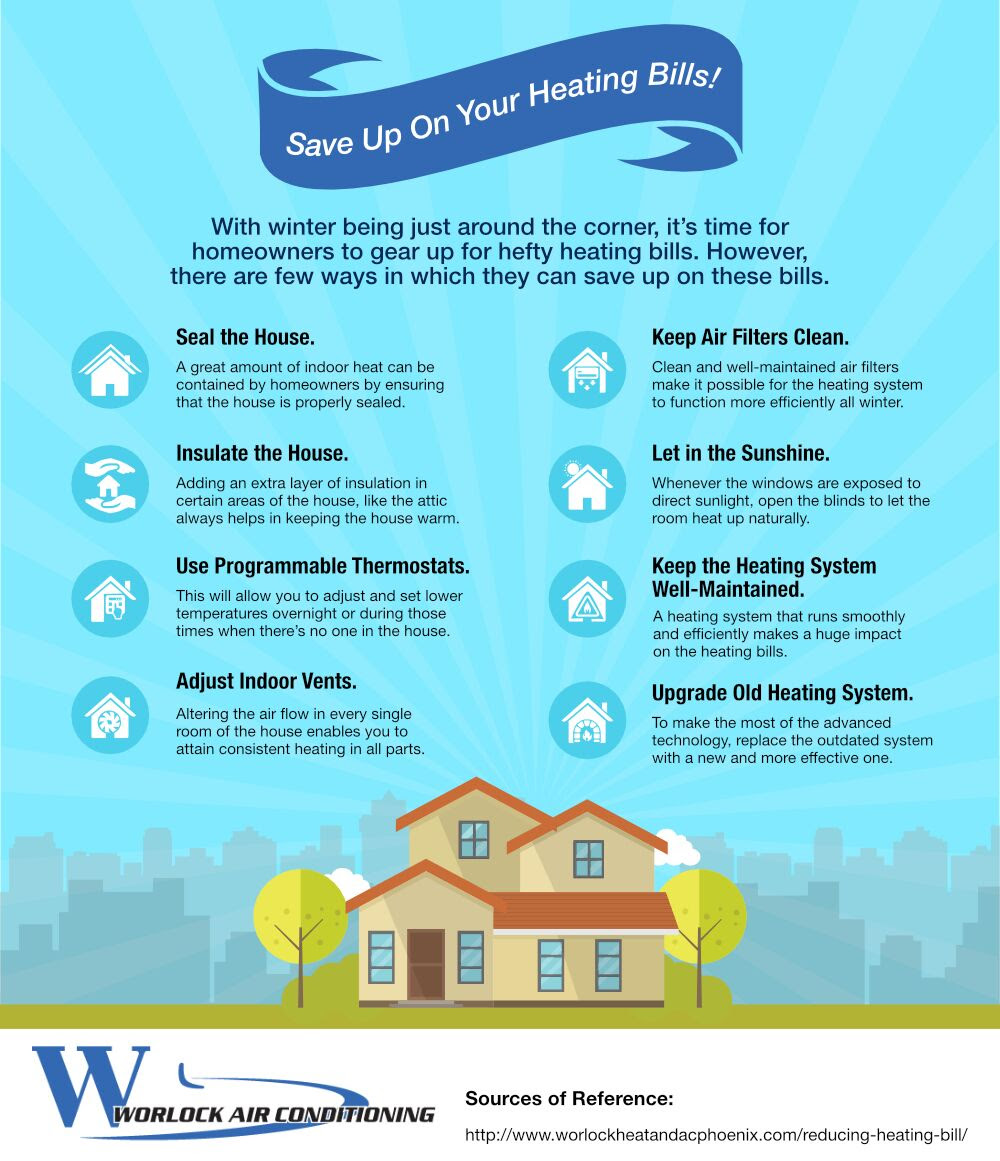Checking Out The Environmental Advantages Of Heat Pumps - A Lasting Home Heating Remedy
Checking Out The Environmental Advantages Of Heat Pumps - A Lasting Home Heating Remedy
Blog Article
warm air central heating christchurch -Barry Stampe
In an era where sustainability and power efficiency are vital, many businesses look for environment-friendly home heating remedies. One such service is the heat pump.
A heat pump removes the heat in its environments and pumps it right into your home, resulting in one of the most effective environment-friendly central heater around. This process additionally creates no greenhouse gas exhausts, making it an extremely lasting innovation.
Energy Performance
Heatpump are really power efficient and require little upkeep. They use less electricity than various other heating unit and are without a doubt one of the most environmentally friendly. They work well with rooftop solar and can usually pay for themselves in energy cost savings alone.
They can additionally supply cooling, which is great for garage workshops, attic hangouts and bonus offer areas, and home enhancements without extending the existing ductwork. They can also be utilized for retrofits in existing homes with hydronic (water-based) circulation systems such as low temperature level radiators or radiant floorings.
Try to find designs with SEER and HSPF ratings that satisfy or exceed copyright's minimum standards, in addition to the standards in your region. Higher ratings suggest higher performance, which saves you money in the future and reduces your carbon footprint. You may also qualify for rebates and incentives! The best devices are those with a ground warm exchanger for added efficiency. These systems can take in thermal power from the ground during the winter season and essence it in the summer.
Reduced Greenhouse Gas Emissions
Heat pumps work on power and basically transfer warmth from the air, even when it's cold exterior. They are able to remove the free heat trapped in air bits and move them indoors, decreasing humidity while doing so.
Contrasted to gas heating systems, modern heat pumps use less than one kilowatt of electrical energy per kilowatt of home heating power they create. This makes them the most power efficient home heating choice offered with a POLICE OFFICER (Coefficient of Performance) of 4 or more. By reducing the demand for fossil fuels, heatpump help in reducing greenhouse gas discharges and cut various other significant air toxins.
Structure decarbonization is an international imperative, and the cooling and heating industry is a crucial motorist of that process. Whether it's investor making web absolutely no commitments, policy makers establishing exhausts restrictions, or tenants requiring greener areas, electric heatpump are being identified as an essential remedy. They are a cost-efficient method to minimize carbon emissions by removing the demand for nonrenewable fuel sources in buildings.
Flexibility
Heatpump can be used in lots of types of homes and structures-- with or without air ducts. They work with hot-water radiators, air-conditioning and programmable thermostats. They can replace furnaces or be set up in new residences. They can operate on solar panels, geothermal systems or even area home heating sources like wastewater.
They're wonderful at providing even more warm per energy system. For example, an air-source heat pump generates as much as three or more heating units from each electricity device it eats.
Obtaining the most from your heatpump will depend upon your environment area and top quality of insulation. Try to find designs with ENERGY celebrity rankings and compare their SEER or HSPF specifications. In warmer environments, focus on SEER; in chillier regions, consider a system with a greater HSPF ranking. Additionally, purchase air sealing and insulation to reduce the load on your heat pump. That will boost energy effectiveness and help you reach your Net No goals much faster.
Biomass Boilers
Biomass boilers make use of timber pellets, chips or logs to create heat and warm water. Read More Listed here are a great choice for off-grid properties or those that want to leave the gas grid.
As a standalone heating system, biomass can give adequate power to maintain your home warm throughout the year without the normal warmth drop off of other renewable innovations. They can also be used together with solar panels to increase financial savings and take advantage of RHI repayments.
A downside of these systems is the in advance expense and normal fuel deliveries. Often, pellets will certainly need to be blown into a gas shop using a vacuum system or they can be manually fed into the boiler via a hopper. Logs are commonly self-sourced from nearby forest or bought wholesale. Along with this, they call for manual loading and may require cleaning often.